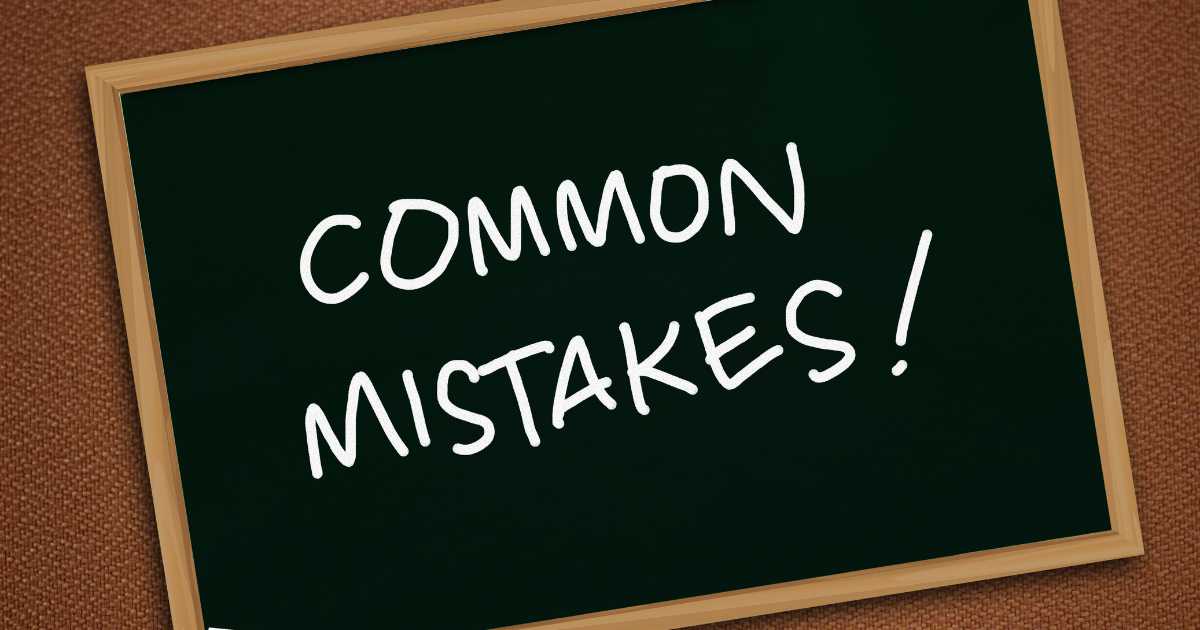
If you ask the man on the street selling cigarettes, snacks and cold drinks from his stall if he started with a business plan, his answer would probably be no. He saw an opportunity to sell products to people passing his stall on their way to work and took it.
Some entrepreneurs start with just an idea, like the street entrepreneur, and without a business plan, pursue their goal with dedicated thought and relentless actions until their ventures are successful.
Other entrepreneurs use their business plans as a blue-print. They take their idea and use a more logical, by-the-book approach – from hiring staff to buying office furniture.
Both these methods require hard work and passion, but which one offers the highest chance of achieving business success?
Heart, smarts, guts and luck
Anthony Tjan, co-author of the NY Times bestseller Heart, Smarts, Guts and Luck, wrote in the Harvard Business Review about the relevance of business plans. In researching the book, Tjan interviewed and surveyed hundreds of successful entrepreneurs around the globe to better understand what it takes to be an entrepreneur and to build a great business.
According to Tjan one of the most striking findings was the entrepreneurs they surveyed who went on to achieve business success, 70% did not start with a business plan.
“Instead, their business journeys originated in a different place, a place we call the heart,” Tjan says. “They were conceived not with a document but with a feeling and doing for an authentic vision. Clarity of purpose and passion ruled the day with less time spent writing about an idea and more time spent just doing it”.
Although there is nothing wrong with planning, most people’s focus on business plans has little to do with reality says Tjan.
Eugen Petersen, co-founder of a tech startup incubator SpringLab, says he did not start with a business plan, moreover, SpringLab does not require business plans from prospective startups looking for funding.
A business with a plan is a business that can
Martin Zwilling from Forbes magazine believes not having a business plan is plain wrong. Zwilling writes that although there are scenarios where a business plan is not critical, having one is never a bad idea.
“Most professional investors, even if they like your story, and were properly introduced by a friend, will ask for a business plan at the due diligence stage,” he says.
“They want to see if you have done your homework, have reasonable expectations, and are willing to commit to something,” Zwilling said.
A business plan is not only advantageous for funding, it can also be an opportunity to test out a new idea to see if it holds real promise of success. It holds a clear statement of your business mission and vision, a roadmap and timetable for achieving your goals and objectives and can offer a clear description of your marketing strategies, he says.
South African entrepreneur Steve Mululu, founder of Dream Body Fitness, says he would never think of starting a business without a proper business plan. He believes that without one it’s easy to get sidetracked. “It’s important to know where you are going, and how you’re going to invest your time and resources,” Mululu says. “Having your idea on paper makes it more real, thus closer to being attained.”
Remember, whether you decide to have a business plan or not the idea is always king, like Tjan says, even the most researched business plan holds little value without a genuine heart behind the idea and the guts to just get it going.






